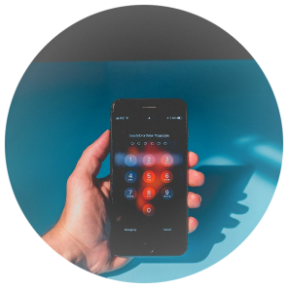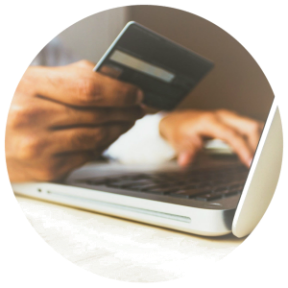FIRST HOME SAVINGS ACCOUNT (FHSA)

Learn how an FHSA can help you save for a mortgage.
Existing members can apply online for a personal loan up to $20,000. Simply log in to online banking, click Account Services and Apply for Loan.

Here's how you can safeguard your passwords, devices and accounts
Learning how to recognize fraud is the first step to protecting yourself. Here are some scenarios to watch out for:

![]()

![]()

![]()
Protect yourself when surfing the internet in a public place.
![]()
PUBLIC WIFI
![]()
PUBLIC COMPUTERS

FROM THE LEARNING CENTRE![]()
Phishing attempts are meant to deceive consumers into believing that a request (typically for a password reset or personal info) is coming from a legitimate source. In reality it’s a scam and it’s fraud.
We're here for you.

Together, let's do great things. 